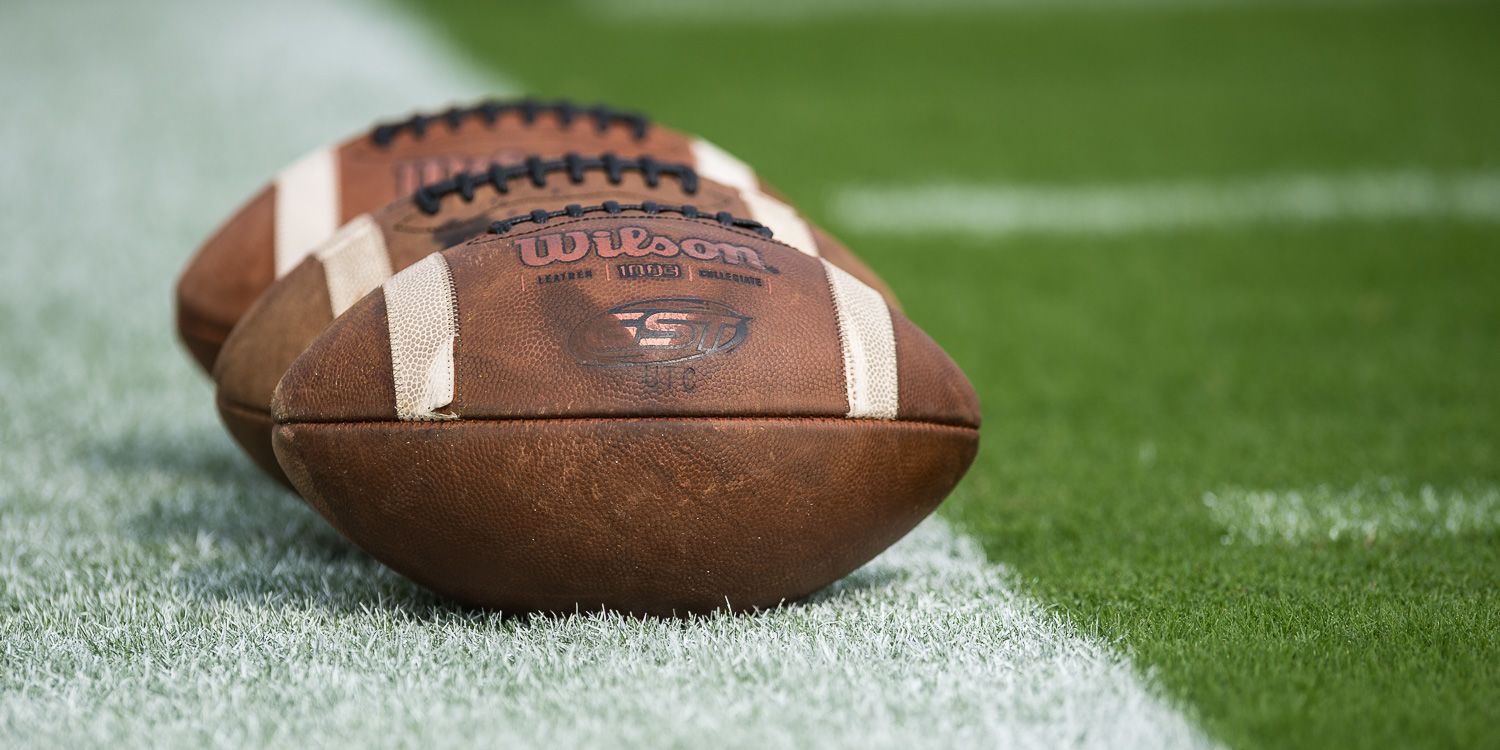Historical poll data will become meaningless in week two, with no Big Ten and Pac-12 teams around to fill out the nation’s best 25 teams in a given week. Take them out of the preseason AP poll today, and the Vols would be 16th. But whatever perception is worth, we get one look at Tennessee compared to the rest of the nation, and the Vols grabbed the last spot in this year’s initial AP poll at #25.
This is year three for Jeremy Pruitt. In the preseason poll before Derek Dooley’s third year, the Vols were also receiving votes at 33rd. Tennessee moved into the poll at #23 after a 2-0 start, then lost to Florida. It was the only appearance in three years for Dooley’s Vols. (Poll data from College Poll Archive)
In the preseason poll before Butch Jones’ third year, the Vols were, you guessed it, 25th. They moved up to #23 with the win over Bowling Green, fell out after losing to Oklahoma, and only reappeared in the season finale, finishing #22 after throttling Northwestern in the Outback Bowl.
For Tennessee’s last three coaching staffs, the outset of year three is when the college football world gives you just enough benefit of the doubt to slide in the poll, then asks you to prove it. Dooley, Butch, and Pruitt never flirted with the Top 25 in years one or two; the Vols finished 34th in votes received after beating Indiana in the Gator Bowl last year. Dooley’s Vols were 34th after beating Jones and Cincinnati in week two of the 2011 season, but lost to Florida and never got close again that year due to injury. So each of Tennessee’s last three coaches has come to this moment in more or less the same spot: we think you might have it in you, but now you have to prove it.
When it was clear Butch Jones was on his way out, we talked about how we might measure progress between rebuilding and championships the next time around. One good metric: longevity in the polls, which is probably worth more than where you finish the season when it comes to relevance. That was the case in 2015, when the Vols were clearly competitive with championship-caliber teams, but because they lost those games by the thinnest of margins, never got back into the Top 25 until the very end.
There’s plenty of good historical context in the post linked above from 2017, but in short:
From Tennessee’s return to the Top 25 in September 1989 through the end of the Fulmer Era in 2008, it’s easier for me to tell you when Tennessee wasn’t ranked:
- October-November in 1994, playing freshman Peyton Manning at quarterback. The Vols finished #24 in the final poll after beating Virginia Tech in the Gator Bowl.
- Mid-October through early November in 2000 after a 2-3 start in a rebuilding year. The loss to Kansas State in the Cotton Bowl bounced the Vols from the final poll.
- November of 2002 through the final poll
- Late October of 2005 through the final poll
- The week after losing to Alabama in 2007
From 1989-2007, that’s it.
From 2008-2019, it’s easier for me to tell you when Tennessee was ranked:
- 2008 preseason poll
- The week of the Florida game in 2012
- The first two weeks and the final poll in 2015
- The first nine weeks of 2016, plus the week of the Vanderbilt game and the final poll after beating Nebraska in the Music City Bowl
- The first three weeks in 2017
So now, we’re back in the poll for the first time since September 10, 2017. The point about staying ranked will be less potent if the Vols jump 10+ spots by beating South Carolina and nine other teams being removed from the poll because they’re not playing. But the point about staying relevant very much remains. These year three Vols, similar to their Butch Jones predecessors, got here by a strong finish in year two without beating any ranked teams along the way. They’re good enough to be dangerous, and in no way good enough to avoid danger themselves. Staying relevant this year will look like staying alive in the SEC East race; a 6-4 finish with a loss to Florida in December will feel different than, say, a 6-4 finish that started 2-3.
We’ve been here before, more than once. The way forward looks much different in a pandemic. But it’s up to the 2020 Vols to see that being ranked in the preseason poll is more than just a brief historical footnote this time around.
